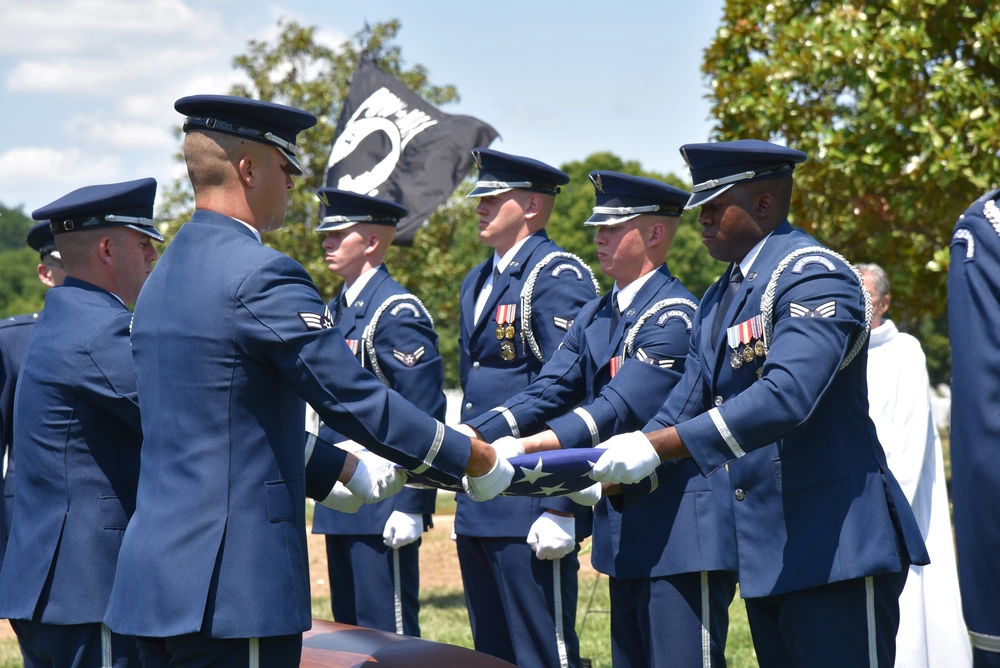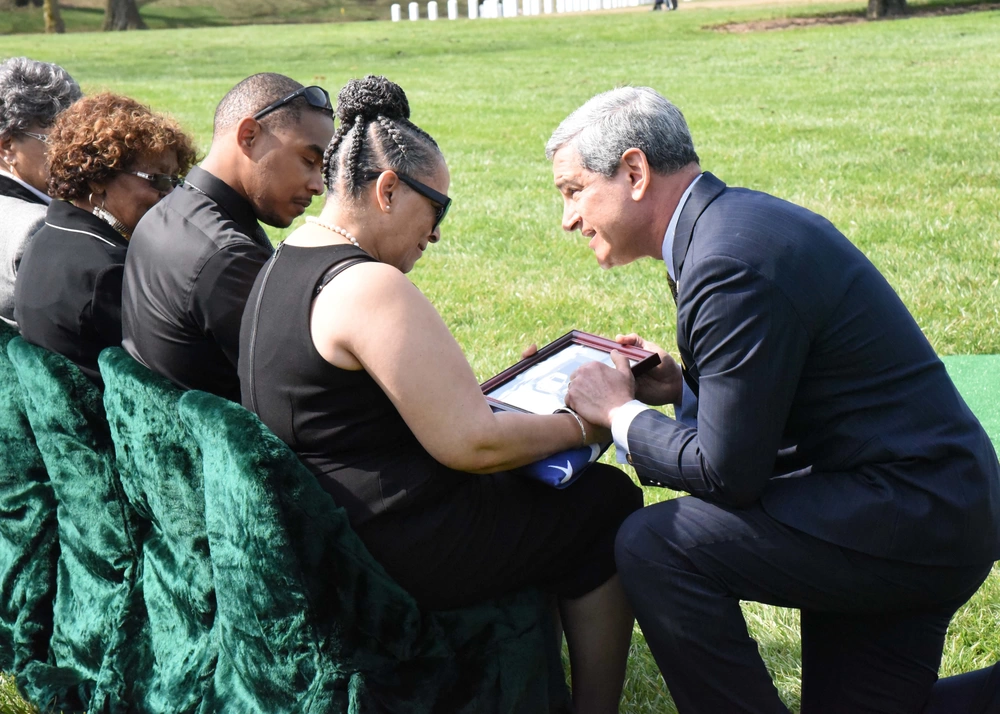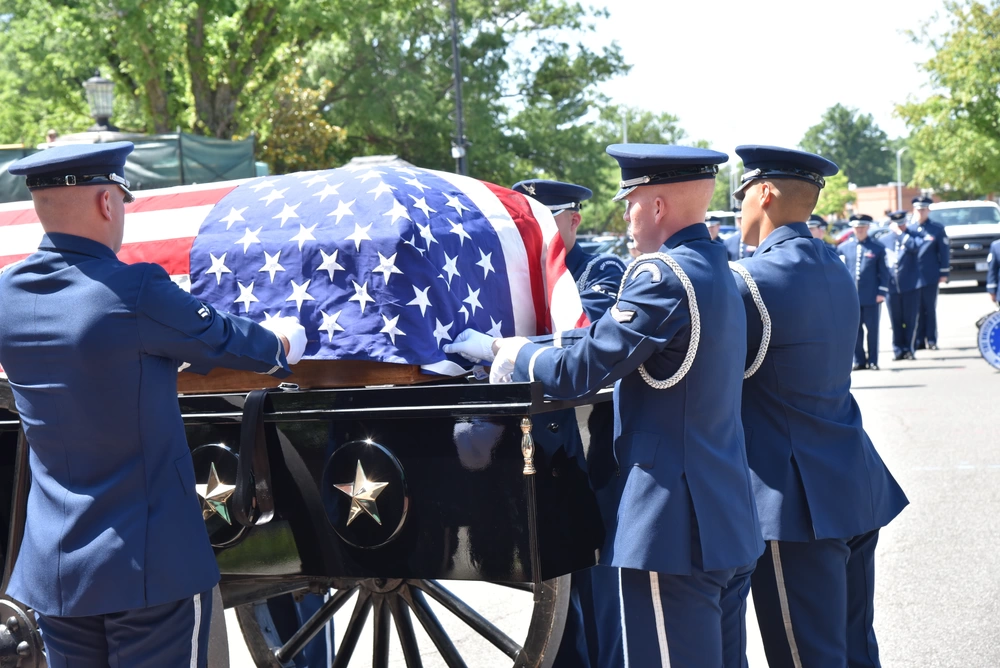Uncategorized
Monetary Benefits for Survivors – Providing for your Family
**All of this information has been taken from the VA Transition Guide. We have broken down the information into much easier pieces for you to navigate.**
Monetary Benefits for Survivors
The VA offers monetary benefits to your surviving loved ones. If you’re a surviving spouse, domestic partner, or child of a Service member who died in the line of duty, or the survivor of a Veteran who died from a service-related injury or illness, you may be eligible for tax-free monetary benefits or monthly pension benefits.
Benefits for Spouses, domestic partners, dependents and survivors may include, but are not limited to:
-
- Health care (Civilian Health and Medical Program of the Department of Veterans Affairs [CHAMPVA], TRICARE).
- Education and training (Survivors’ and Dependents’ Educational Assistance [also known as Chapter 35] and Fry Scholarship).
- Survivor’s Pension.
- Survivor and dependent compensation.
Where can I learn more? VA Benefits for Spouses, Dependents, Survivors and Family Caregivers
Dependency and Indemnity Compensation
To qualify for DIC, a surviving spouse or domestic partner must meet one of the following requirements:
-
- Married the Veteran or Service member before January 1, 1957, OR
- Married the Veteran or Service member within 15 years of their discharge from the period of military service during which the qualifying illness or injury started or got worse, OR
- Was married to the Veteran or Service member for at least 1 year, OR
- Had a child with the Veteran or Service member, isn’t currently remarried, and either lived with the Veteran or Service member without a break until their death or, if separated, wasn’t at fault for the separation.
To qualify for DIC, a surviving child must be:
-
- Unmarried, AND
- Not included on the surviving spouse’s or domestic partner’s compensation, AND
- Under the age of 18 (or under the age of 23 if attending school).
To qualify for DIC, a surviving parent must:
-
- Be the biological, adoptive or foster parent of the Veteran or Service member, AND
- Have income below a certain amount.
The National Defense Authorization Act for Fiscal Year 2020 modified the law under which you can’t receive a full Survivor Benefit Plan (SBP) payment and a full Dependency and Indemnity Compensation (DIC) payment at the same time. A surviving spouse or domestic partner who received DIC was subject to a dollar-for-dollar reduction of SBP payments. The repeal phases in the reduction of this offset, which began on January 1, 2021, and will eliminate the offset on January 1, 2023. Learn more about DIC for Spouses, Dependents and Parents.
Stay updated with SBP-DIC NEWS.
Survivors Pension
The VA provides a Survivors Pension, a tax-free benefit, to qualifying surviving spouses or unmarried dependent children of deceased Veterans who had wartime service.
To be eligible, all of the following must be true – the Veteran did NOT receive a dishonorable discharge, AND:
-
- He or she served 90 days or more of active duty, with at least 1 day during a wartime period before September 7, 1980, or completed 24 months of active-duty service if he or she served after September 7, 1980. AND
- You are the unmarried spouse (or were previously married and the marriage ended before September 1, 1990), or the unmarried child under age 18, or became permanently disabled before age 18, or are between ages 18 and 23 and enrolled in an approved educational institution. AND
- Your income is below the amount listed in the Survivors Pension Rate Table. AND
- Your net worth meets the limits established by Congress.
The person Receiving benefits:
-
- Has a yearly family income and net worth that meets certain limits set by Congress.
- Is not remarried (in the case of surviving spouse) or was previously married but the marriage ended before September 1, 1990.
Learn more about Survivor’s Pension.
**All of this information has been taken from the VA Transition Guide. We have broken down the information into much easier pieces for you to navigate.**
Want to read more from us? Click HERE for our latest and greatest blog posts.
Interested in what jobs you can have with your FCC GROL? Click HERE.
Have you already taken one of our Prep Courses? Leave us a review on FACEBOOK or TrustPilot.




